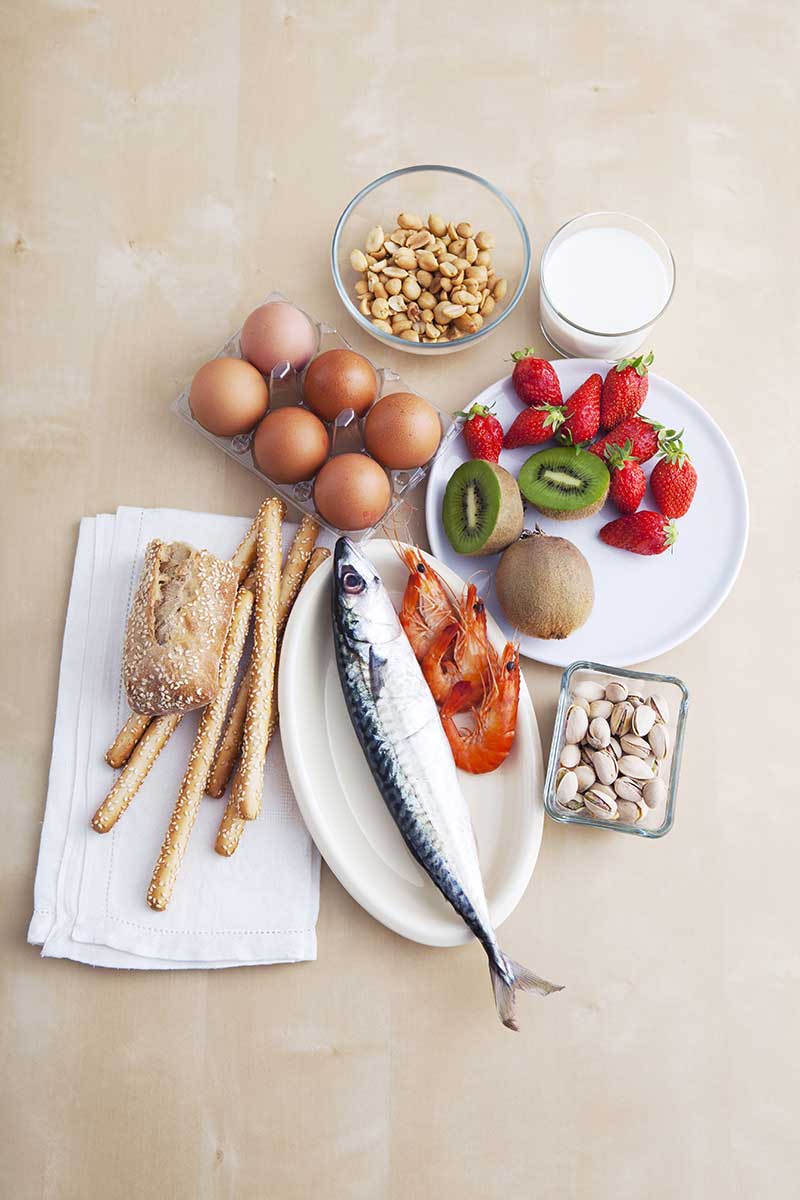My baby boy who I exclusively breastfed, woke up one morning covered head to toe in an angry rash. The day prior, I had eaten peanut butter cookies (one of my favorite things!) The ER doctor who treated my baby encouraged me to find an allergist. That was the start of what has been a life-changing experience for me and my family. After running blood tests and skin tests, we were able to pinpoint his allergies. He was allergic to peanuts, tree nuts, sesame, milk, eggs, and a handful of legumes.


If you have a keiki with food allergies, here are some things that have helped me over the years:
Be prepared. Educate your keiki on what they can and cannot eat. Speak with their caregivers and teachers, and always carry their life-saving medication including Epinephrine (Epipens) whenever they are away from the house. Pack extra snacks to feed your keiki in the event that allergy-safe foods are not available at your destination..
Be vigilant. Always read food labels and assess the situation you’re in. For instance, if you are at a party, talk to the party’s host about how to keep your keiki safe. This might mean leaving the party early before dessert, if it’s something your child is allergic to. Or seating your keiki away from others to enjoy their allergy-safe dessert you brought specifically for them. If you are the host, asking all keiki to wash hands after eating is one great way to be proactive.
Have an action plan. Keep a printed action plan you can hand out to teachers/caregivers that explains your keiki’s allergies, what an allergic reaction could look like, and what to do if your keiki has any of these symptoms including when and how to administer Epinephrine (Epipen) and/or oral antihistamines like liquid Children’s Benadryl.
Practice compassion. Whether you are a food allergy parent yourself, the odds are that you know someone who has a food allergy. It can be a tough road to travel. Consider asking a food allergy parent what are some allergy-safe snacks for school and/or activities you do together to advocate for their keiki’s safety. Compassion and kindness can go a long way.
—
Maile Crewdson is a Maui mom of three young keiki with serious anaphylactic food allergies. She specializes in baking allergy-friendly cakes and malasadas. Find her on Instagram @littlemauifamily @cyrusbakingco



